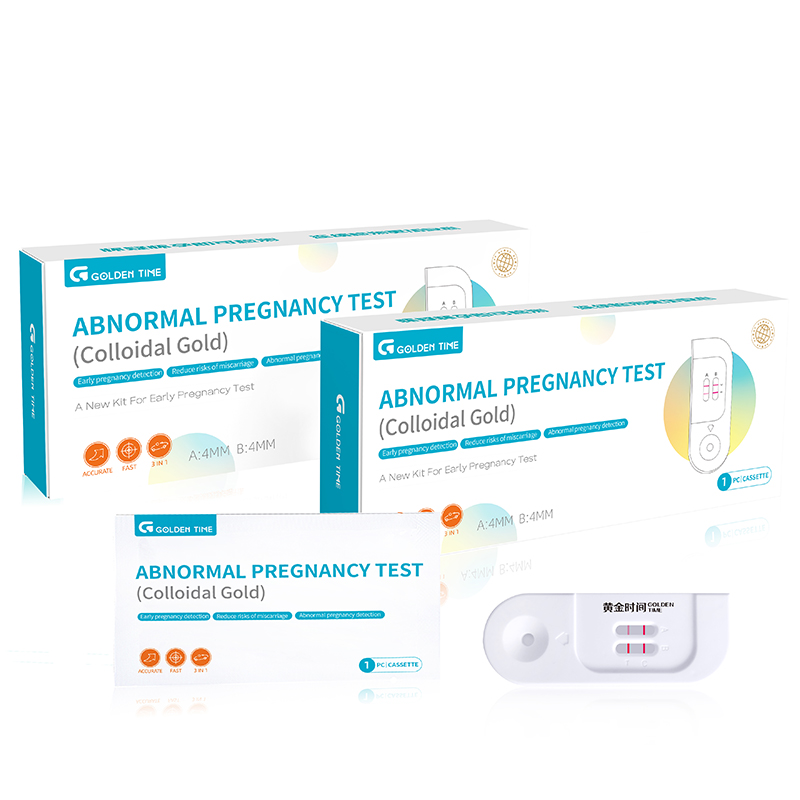8 月 . 15, 2024 09:23 Back to list
Exploring Suppliers for Diagnostic Tests Focused on Fecal Occult Blood Testing Solutions and Innovations
Diagnostic Test FOBT Suppliers A Key Player in Colorectal Cancer Screening
In recent years, there has been a growing emphasis on the importance of early detection and screening for various forms of cancer, particularly colorectal cancer (CRC). One effective screening method is the Fecal Occult Blood Test (FOBT). This non-invasive test is crucial for detecting hidden blood in the stool, which can be a sign of colorectal cancer or other gastrointestinal issues. As demand for such testing rises, the role of FOBT suppliers has become increasingly significant in the healthcare landscape.
Understanding FOBT
The Fecal Occult Blood Test works by identifying small amounts of blood in stools that are not visible to the naked eye. Medical professionals recommend this test primarily for individuals aged 45 and older, as early detection of CRC can significantly improve outcomes. By regularly screening asymptomatic individuals, healthcare providers can identify potential cases at an earlier stage, allowing for timely intervention and treatment.
There are different types of FOBTs, including guaiac-based tests and immunochemical tests (FIT). While guaiac tests have been around for decades, FIT has gained popularity due to its higher sensitivity and specificity for detecting human hemoglobin. As a result, many suppliers now focus on producing and distributing newer, more effective formulations of the FOBT, catering to the evolving needs of healthcare providers and patients.
The Role of Suppliers
FOBT suppliers play an essential role in the healthcare ecosystem by ensuring the availability, quality, and accessibility of these diagnostic tests. Their contributions can be broken down into several key areas
diagnostic test fobt suppliers

1. Quality Control and Compliance The production of FOBTs must adhere to strict regulatory standards to ensure user safety and test accuracy. Suppliers are responsible for maintaining high-quality manufacturing processes and obtaining necessary certifications from health authorities, such as the FDA in the United States or CE marking in Europe. This compliance helps build trust among healthcare providers and patients alike.
2. Innovation and Development With advances in technology and materials, FOBT suppliers have the opportunity to innovate their products continuously. Many companies invest in research and development to enhance test sensitivity, user-friendliness, and result accuracy. Innovations might include more straightforward testing kits, reduced processing times, and improved methods for specimen collection.
3. Education and Support Beyond supplying products, many FOBT manufacturers provide educational resources and support for healthcare professionals. They often develop training programs, instructional materials, and information about interpreting results, which can improve the overall screening process. By empowering healthcare providers with knowledge, suppliers ensure that tests are used effectively and that patients receive the best possible care.
4. Global Reach and Accessibility FOBT suppliers must manage logistics efficiently to ensure that tests are readily available in various regions, particularly in underserved populations where colorectal cancer screening rates may lag. Expanding access to these important diagnostic tools can help reduce health disparities and improve overall public health outcomes.
Conclusion
As the push for effective colorectal cancer screening continues to grow, FOBT suppliers occupy a pivotal role in this endeavor. Their commitment to quality, innovation, and education ensures that healthcare providers have the tools necessary for early detection and intervention. By fostering a collaborative relationship with healthcare professionals, these suppliers contribute not only to the fight against colorectal cancer but also to enhanced health outcomes on a broader scale. With continued emphasis on early detection, the future of colorectal cancer screening looks promising, thanks in large part to the efforts of FOBT suppliers.
-
Early Pregnancy Test Kits Accurate & Fast Results Bulk Order Now
NewsMay.30,2025
-
Buy OPK Tests for Pregnancy Detection Bulk Supplier Discounts
NewsMay.30,2025
-
Buy OPK Tests for Pregnancy Detection Bulk Supplier Discounts
NewsMay.30,2025
-
Best At Home H Pylori Test Kits Accurate, Fast & FDA-Certified
NewsMay.29,2025
-
Accurate Syphilis Test Kits Trusted Suppliers & Manufacturers
NewsMay.29,2025
-
Wholesale Stool Occult Blood Test Kits Bulk Supplier Pricing
NewsMay.29,2025

